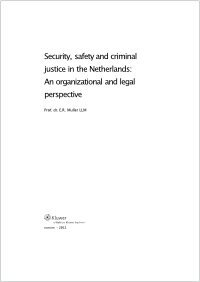Witchcraft and policing : South Africa Police Service attitudes towards witchcraft and witchcraft-related crime in the Northern Province
By Riekje Pelgrim.
In the last two decades, the Northern Province of South Africa has experienced hundreds of so-called witch attacks: violent assaults in which individuals or groups of people are accused of practicing witchcraft. Since the mid 1980s, the attacking and killing of people believed to be witches has become an increasingly problematic social issue in this part of the world. Narrations of witchcraft related violence have been numerous in the press, police reports and the academic world. South African newspapers and television have covered the issue of witchcraft related problems extensively: a quick review of backdated articles and television programmes reflects the ever-growing social problem caused by the belief in witchcraft. During my six-month fieldwork period in the Northern Province, both The Mirror and the Soutpansberger, two local weekly newspapers, carried on average one witchcraft related article per edition. Even the Mail & Guardian and the Sowetan, national newspapers of substantial influence and objective reputation, have published numerous articles dealing with witchcraft related issues. Additionally, police reports of witchcraft related crime have been numerous. Statistics show that between 1990 and 2001, the number of witchcraft related cases has increased from an estimated 50 cases per year to over 1300 a year. As a result, special attention has been paid to this type of crime: the South Africa Police Service (SAPS) has been collecting statistical data and organising rallies and workshops. In this manner, the police have tried to raise awareness regarding the serious consequences of this type of crime and hope to diminish it.
Leiden: African Studies Centre, 2003. 171p.


